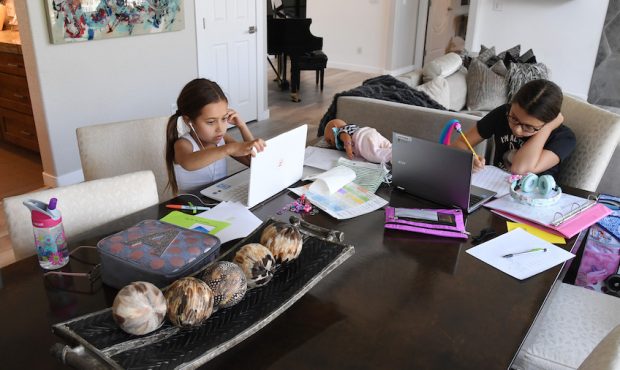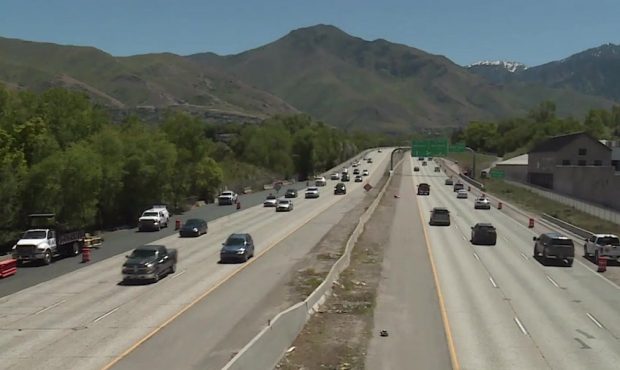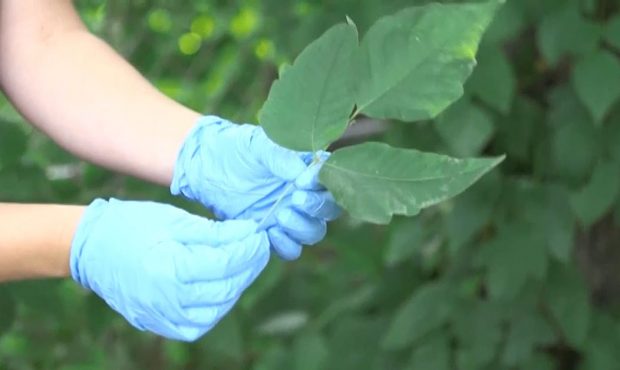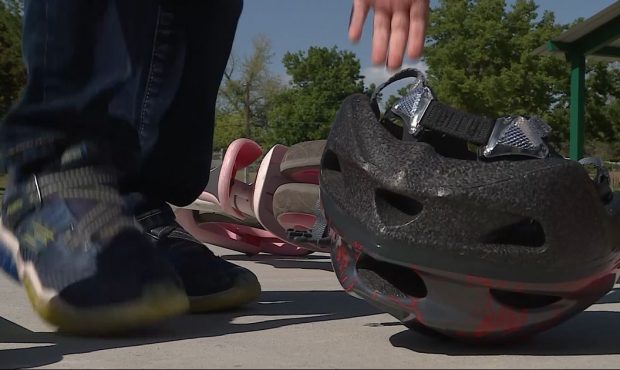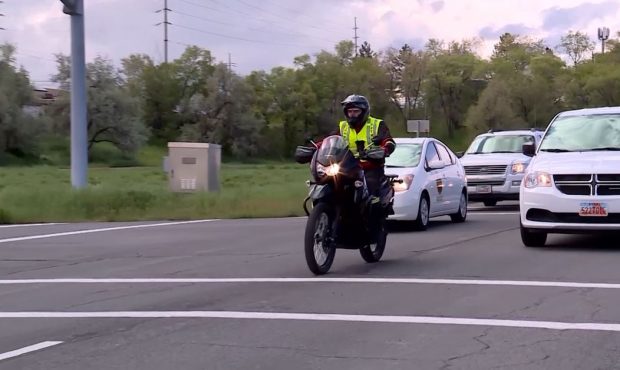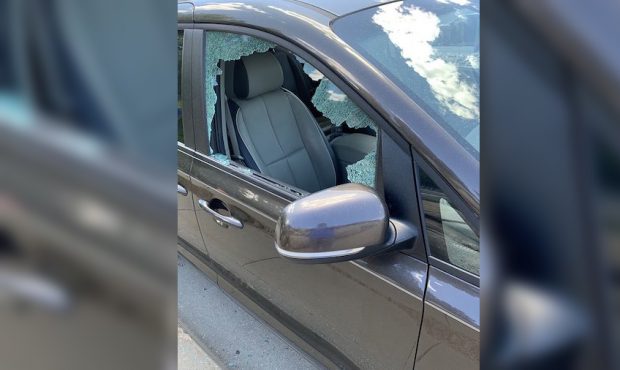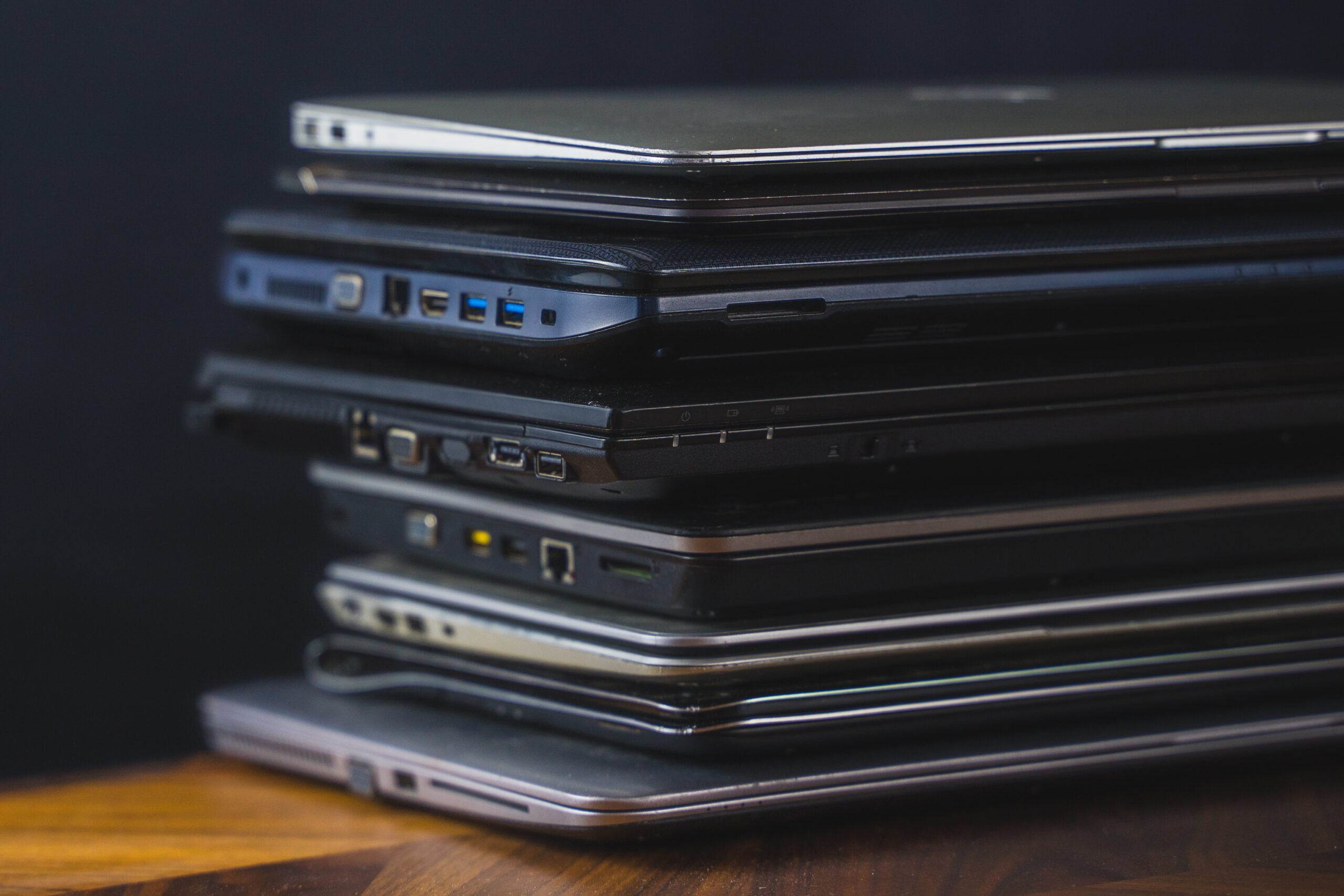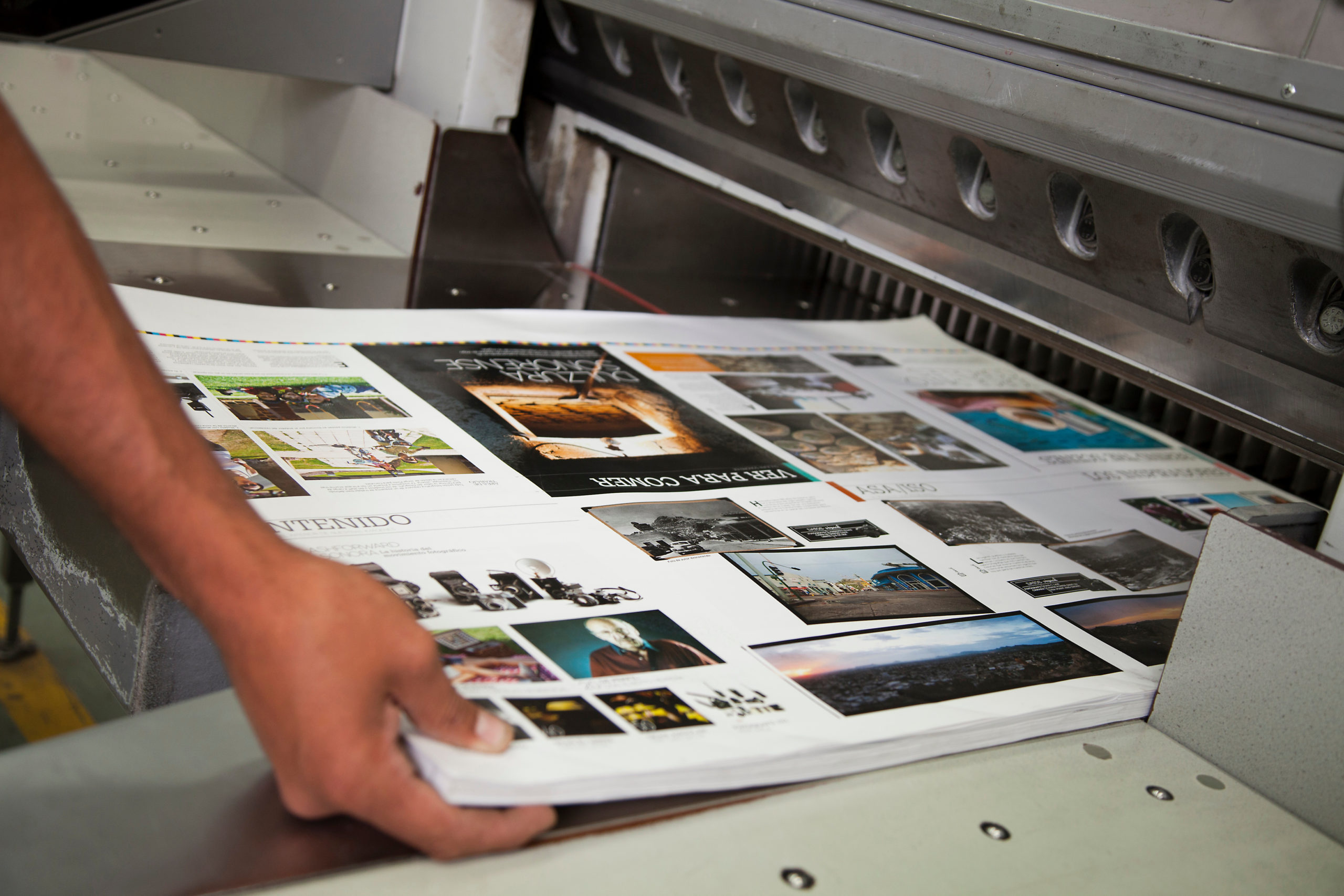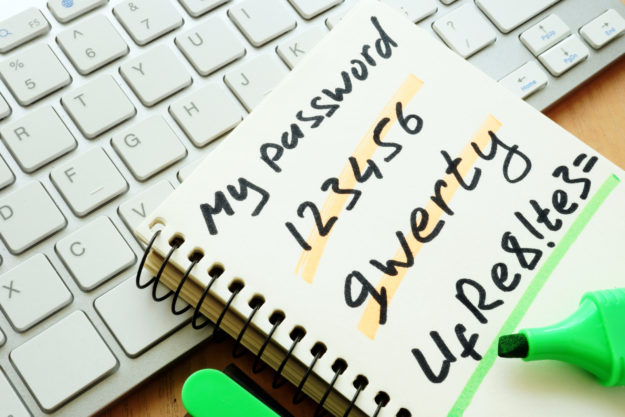SAFE IN 60
Safe in 60: What to expect when you call 911
Mar 26, 2018, 7:00 AM | Updated: 11:50 pm
SALT LAKE CITY — The average American will have to call 911 at least once in their lifetime. There is a reason dispatchers ask the questions they do, and in what order.
Because time is of the essence when you call 911, try and stay as calm as possible and listen carefully to the questions being asked by the dispatcher. Know your location, answer the questions and follow instructions in order to get help as quickly as possible.
First, the dispatcher will ask you the address of the emergency first. There are a couple of reasons for this:
- Most people call from cell phones, which means there is no physical address showing for the dispatcher. Instead, they usually see the location of the closest cell tower to your position – which can be several hundred meters away from your location. And imagine if you call from a five story building – they need to know exactly how to find you.
- By getting the address first, they can get help on the way while they gather more information from you.
- If you don’t know where you are, look for landmarks, street signs or buildings.
Next, they will ask for your callback number, just in case you become disconnected.
They will then ask you detailed questions about the emergency.
Remember – don’t tell them to hurry. They are well aware time is of the essence.
This is likely a very stressful or terrifying time in your life, but the more calm you remain, the quicker help can be dispatched to you.
When to call 911:
When there is a threat to life or property. For example, during a fire, medical emergency, if you are a victim or witness to a crime, or if you see or are involved in a traffic accident.
When not to call 911:
Any situation that is NOT an emergency or not listed above. Dispatchers receive calls several times a day from people asking for bus schedules, movie times and to look up phone numbers. This holds up the line for people experiencing a real emergency.
If you call 911:
Seconds count when you are calling 911 so try and gather your composure as much as possible before you call so the dispatcher can understand you and get first responders on their way to you.
Dispatchers follow a set pattern of questions that are in order of importance. This helps when getting the most pertinent information out to police or medical personnel as they are responding to the location.
First responders will receive that information over the radio and will also receive it on their computers in their cars so they can refer back to it at any time.
If you have witnessed a crime, try and remember as much detail of the incident as possible, including the description of the vehicle or suspect. The more information you can relay the better. However, never put yourself in danger to get information.
If you or your child accidentally calls 911, don’t hang up. If you do, dispatch will call you back to verify whether there is an emergency or not. If you don’t answer, officers will be sent to make sure everything is OK and that will take them away from other emergencies they need to be responding to.

